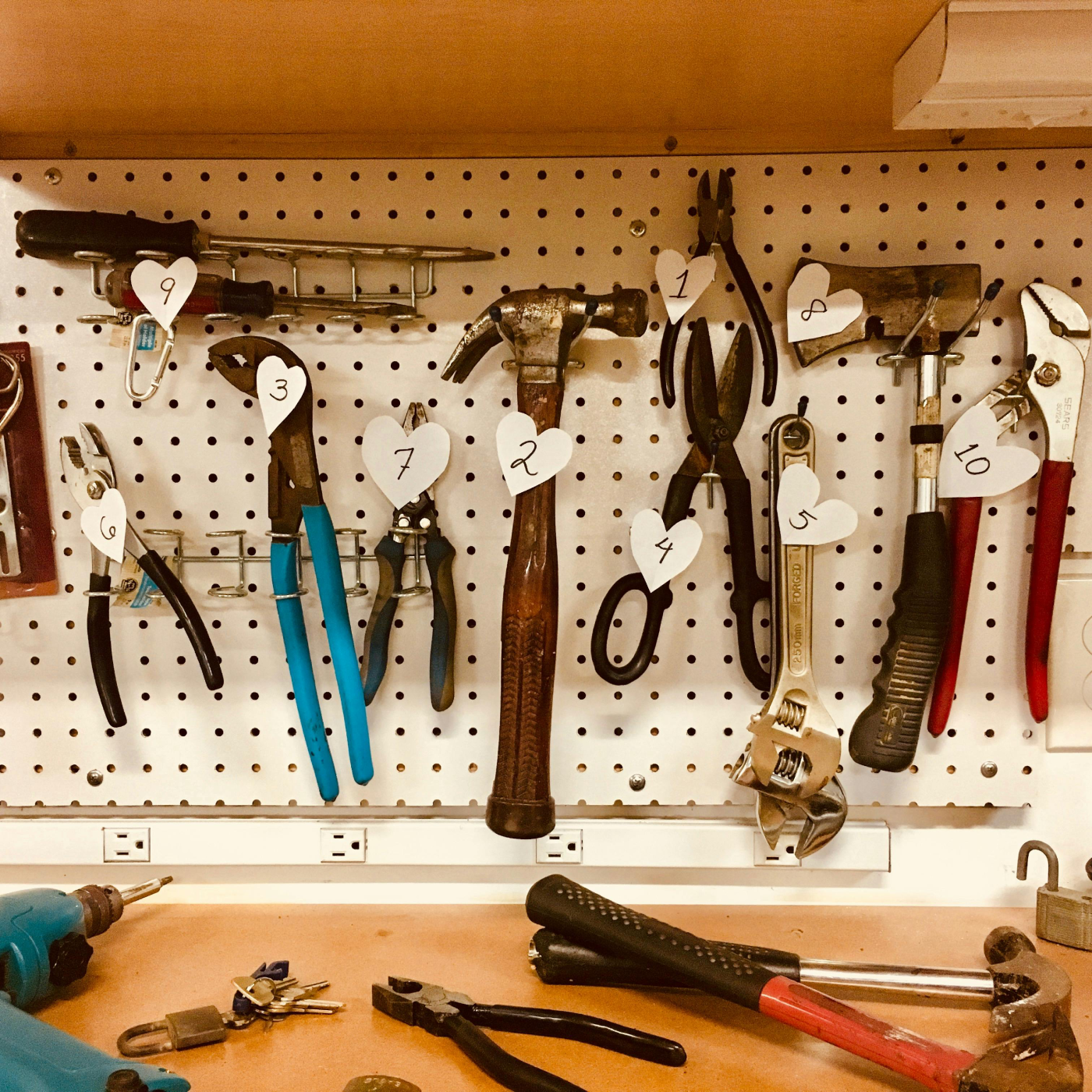Addiction, or substance use disorder (SUD), is a chronic illness that affects a person’s prefrontal cortex and changes the reward system in the person’s brain. Many people who suffer from substance use disorder may understand that their behavior is toxic and negatively affecting the people around them but are still unable to stop abusing substances. If a person in your life has caused you harm, distress, or puts you in toxic situations, it may be hard to forgive them even when knowing that SUD is an illness. Sometimes it is even necessary to cut toxic people out of your life.
However, people can change, and those suffering from SUD can learn to manage their symptoms through different types of treatment and rehab. It is possible for people with substance use disorder to have successful relationships in the future. This does not necessarily make it easier to forgive the person for their wrongdoings but can sometimes be a powerful tool to help you reconnect with the person and potentially resolve the negative feelings you may have had for the person.
Recognizing Appropriate Apologies
It’s hard to forgive a person who does not give a sincere apology. A good apology requires the person to take responsibility for their actions and acknowledge the harm their actions caused. An appropriate apology should focus on you and your relationship with the person. It should not just be a string of excuses.
Before letting a potentially toxic person back into your life, you should want to know how they’ve changed and what will prevent that person from hurting you again. This should be included in the apology, but if it is not, start a conversation about the person’s experience with treatment to have a better understanding of the person’s journey. If the person’s apology feels disingenuous, communicate this to them. Some people may not be good at apologizing or may have more emotional work to do before you are comfortable allowing the person back into your life. Ask the person questions when necessary if you need more information.
Establish Boundaries
When you forgive someone, it does not automatically absolve the person of the harm that they’ve done to you. Forgiving a person doesn’t mean forgetting. It also doesn’t mean that your feelings towards the person have magically reverted to being positive or trusting. It’s okay to keep your guard up when reintroducing a person who has harmed you back into your life. That’s why it is sometimes best to talk to the person about establishing boundaries. Tell that person what kinds of behaviors you are and aren’t comfortable with at this time. Maybe you are comfortable hanging out with this person in a group setting but not one-on-one. You might need to establish a set of ground rules that allows you to bring this person back into your life gradually. You have to do what feels good and safe for you.
Just because someone apologizes for their behavior doesn’t mean that the person shouldn’t face consequences. Accepting the person’s apology doesn’t erase the past. Let them know this and establish boundaries and consequences for what will happen if they hurt you again. If the person can’t manage to respect the boundaries you put forward, then it might not be possible to have this person in your life again. You must put your health and safety first.
The Process of Forgiveness
Just like people don’t change overnight, people don’t usually forgive overnight either. It may take time to let go of your negative feelings towards this person, even if you want to forgive the person. It’s okay to remember how the person hurt you and forgiving someone doesn’t erase his or her past. However, acknowledging the positive changes that the person may have made through treatment and rehab may help you give this person a fair chance to prove that they have changed and don’t want to hurt you again. Try to understand where the person is coming from and what it was like for them during the time that you knew the person. Although the person’s past will always be a part of his or her life, it doesn’t define them.
Educate Yourself on Addiction
Part of your forgiveness process may include educating yourself on substance use disorder. This will help you understand what the person went through and possibly why the person caused you pain. Talking to the person about their addiction and recovery might help you feel more comfortable about who the person is now by understanding the person’s journey and current perspective on his or her past. The more you know about SUD, the better you’ll be able to support your friend or family member in a time of need. It will also help you recognize signs of relapse, which can help you protect your loved one and yourself.
When a person apologizes to you for past mistakes due to substance use disorder, it is ultimately up to you to decide if you want this person back in your life. It’s okay if you aren’t able to forgive the person right away, even if you see that the person has made progress. Healing takes time.
At Shoreline Recovery Center, we believe that making amends is an important part of the journey to recovery. We offer family therapy services to help patients mend relationships and to make sure that everyone’s voice is heard and their emotions are taken into consideration. Our professionals are eager to help you find the best way to apologize to someone and accept that the person may not be able to forgive you. Shoreline also believes in fostering a strong community so that our patients can make connections with their peers and build their support groups. If you or a loved one is suffering from substance use disorder, please call (866) 278-8495 to learn more about our programs.




